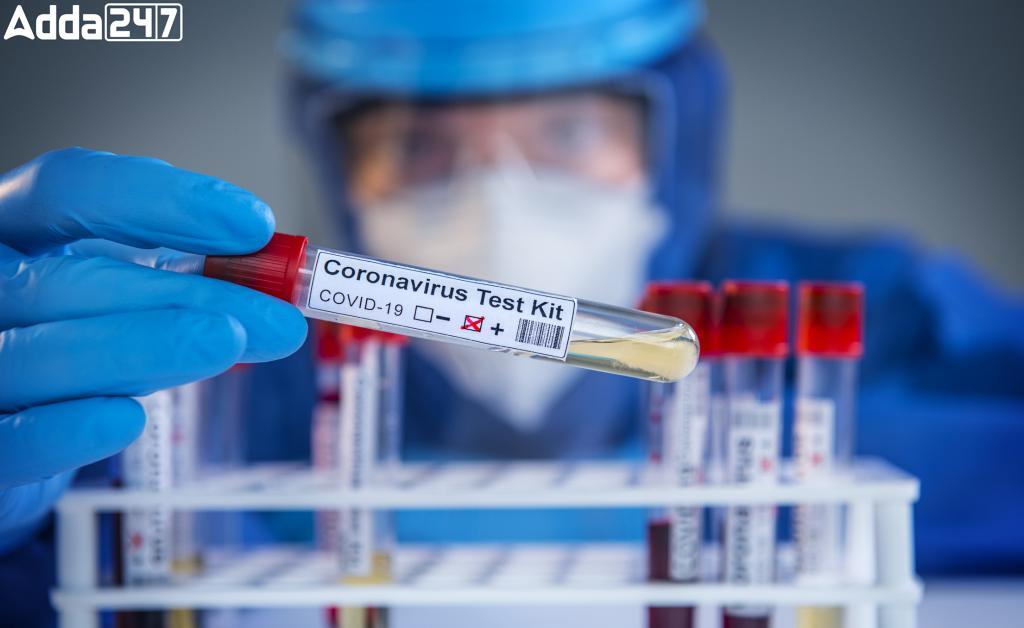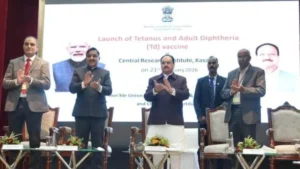The World Health Organization (WHO) has introduced CoViNet, a global initiative aimed at enhancing the detection, monitoring, and assessment of coronaviruses worldwide. CoViNet expands upon the existing WHO COVID-19 reference laboratory network to encompass a broader spectrum of coronaviruses, including SARS-CoV-2, MERS-CoV, and potential novel strains of public health concern.
Key Points
-
Expanding Expertise and Capacities
- CoViNet leverages the expertise of 36 laboratories from 21 countries across all six WHO regions.
- These laboratories specialize in human, animal, and environmental coronavirus surveillance, fostering a comprehensive approach to understanding and managing coronaviruses.
-
Action Plan for 2024-2025
- Representatives of CoViNet laboratories convened in Geneva on 26 – 27 March to finalize an action plan for 2024-2025.
- The plan focuses on enhancing early detection, risk assessment, and response capabilities to address emerging coronavirus-related health challenges.
-
One Health Approach
- CoViNet emphasizes a One Health approach, bringing together experts from human, animal, and environmental health sectors.
- This collaborative effort aims to monitor and assess coronavirus evolution and transmission patterns comprehensively.
-
Guiding WHO Policies and Tools
- Data generated by CoViNet will inform the work of WHO’s Technical Advisory Groups on Viral Evolution (TAG-VE) and Vaccine Composition (TAG-CO-VAC), among others.
- By integrating the latest scientific insights, CoViNet supports the development of evidence-based global health policies and tools.




 Made in India: Nadda Launches Indigenous...
Made in India: Nadda Launches Indigenous...
 Reliance Announces ₹10 Trillion AI Inves...
Reliance Announces ₹10 Trillion AI Inves...
 GalaxEye’s AI-Powered OptoSAR Satellite ...
GalaxEye’s AI-Powered OptoSAR Satellite ...








